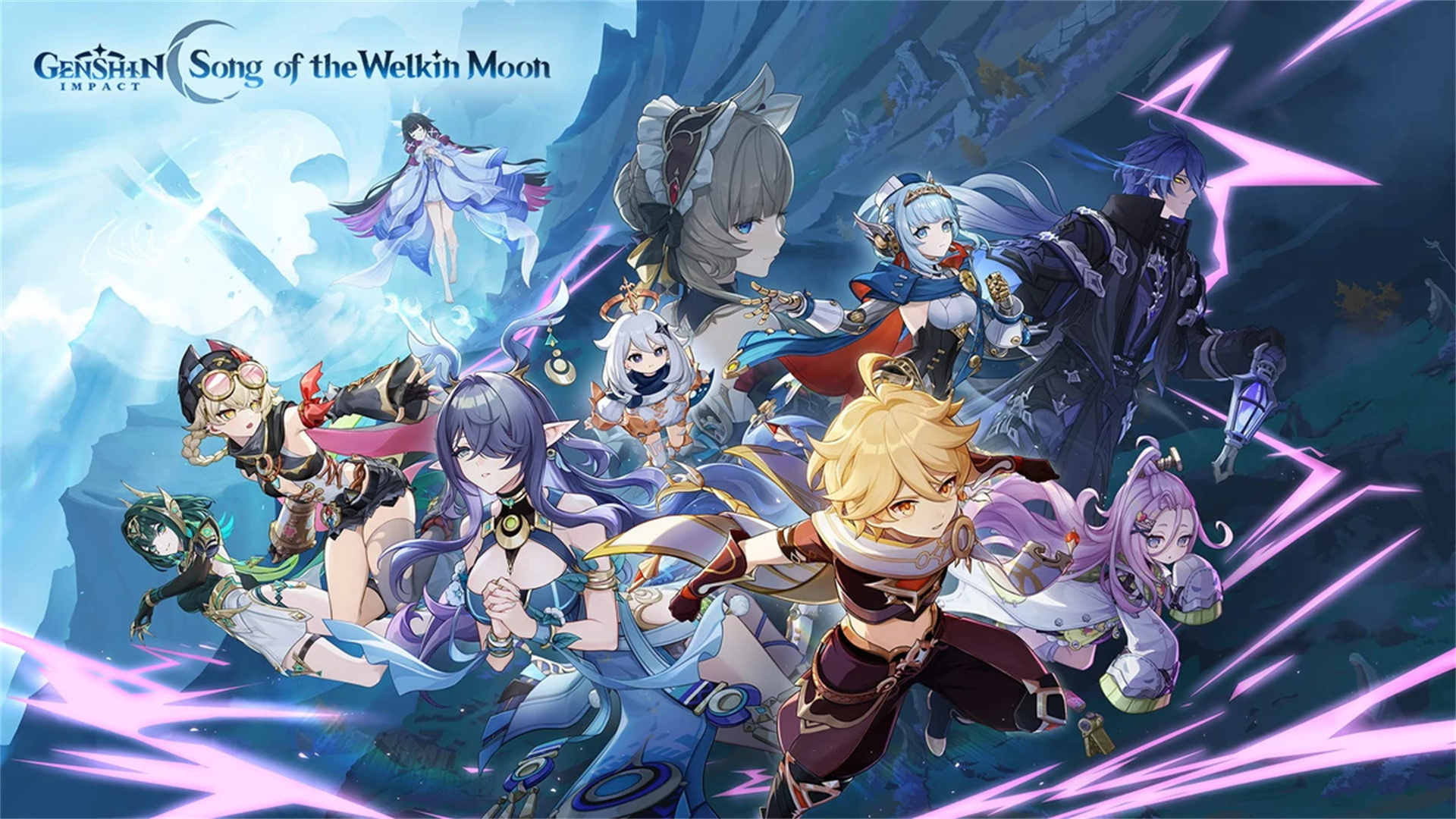Elden Ring: The Intricacy of Decision and Outcome
Elden Ring, the widely - praised action RPG crafted by FromSoftware and released in 2022, has mesmerized players with its elaborate world and profound lore. At its heart, Elden Ring is a game that submerges players into a rich mosaic of decisions, each laden with outcomes that mold both gameplay and the overarching story. This article delves into the specific aspect of decision - making and its resulting consequences in Elden Ring, examining how these elements are interwoven into the game's structure and how they influence player experience, character progression, and the main narrative.
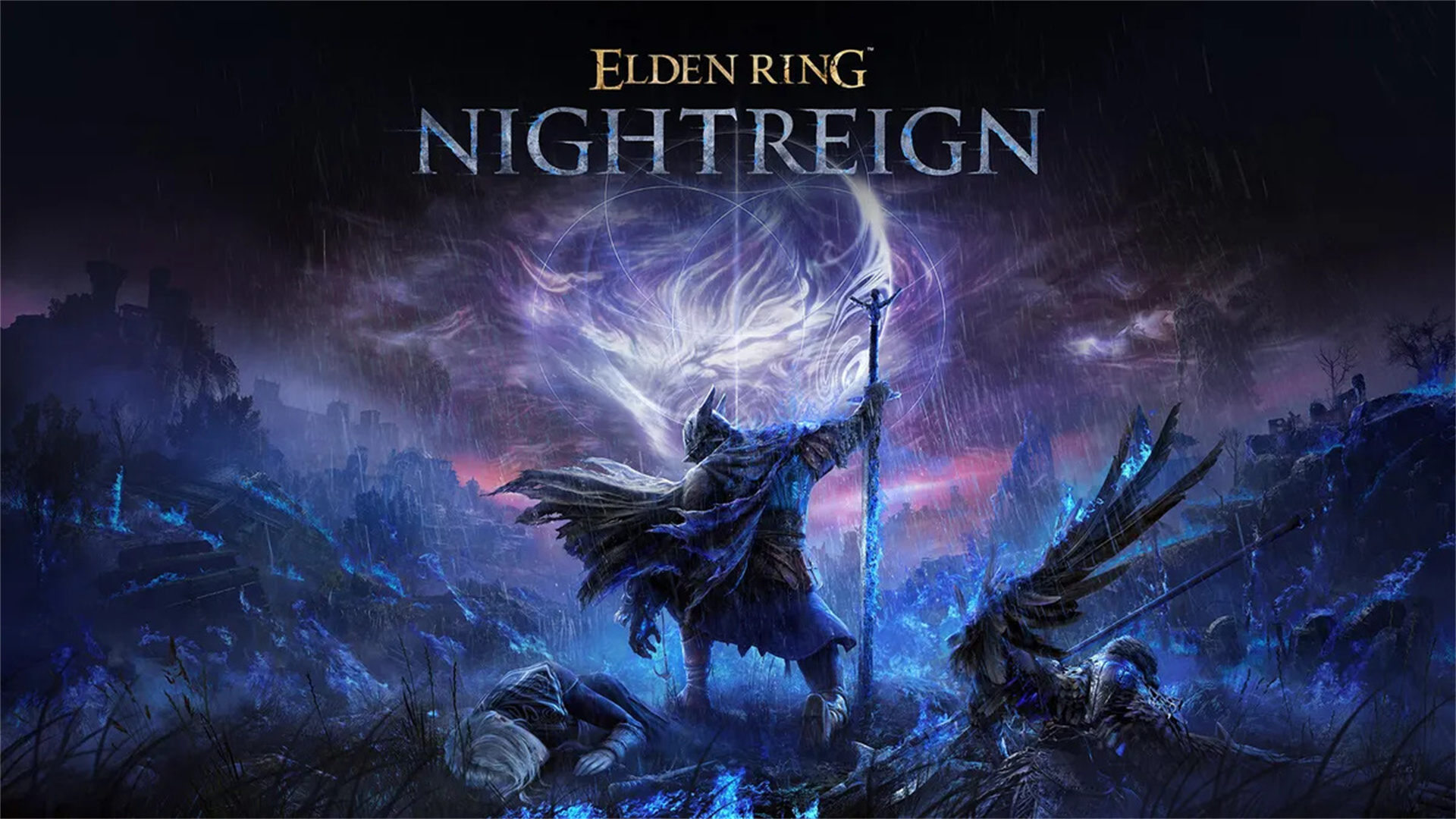
The Expansive World: A Stage for Decisions
Venturing into the Lands Between
Elden Ring introduces players to the immense Lands Between, a vast open realm filled with a variety of landscapes, enigmatic characters, and concealed secrets. From the vast plains of Limgrave to the perilous heights of Mt. Gelmir, the world is designed to inspire exploration and trial - and - error. Players are granted the freedom to tackle challenges in multiple ways, enabling a customized experience that mirrors individual playstyles.
The open - world layout acts as a backdrop for the decisions players must make. Early in the game, players come across various factions, NPCs, and quests that present ethical dilemmas and diverging routes. This initial sense of liberty is captivating, drawing players into the intricate web of decisions that will define their adventure through the Lands Between.
The Mirage of Liberty
However, while Elden Ring offers a huge world to discover, the decisions available to players are often nuanced and convoluted. The illusion of liberty can be misleading, as certain paths may lead to dead - ends or consequences that are not immediately obvious. For instance, players might choose to ally with a particular faction, only to find out later that their choices have far - reaching effects on the game's narrative and their relationships with other characters.
This complexity adds depth to the gameplay, as players must weigh their options carefully. The game's design encourages exploration but also instills a sense of caution, reminding players that their decisions carry significance. The tension between liberty and consequence becomes a central theme as players traverse the interconnected world of Elden Ring.
The Role of NPCs: Companions and Rivals
Complex Characters with Diverse Aims
Elden Ring is populated with a diverse cast of NPCs, each having their own motivations, backstories, and objectives. As players progress through the game, they meet characters like Ranni the Witch, Blaidd, and Seluvis, each presenting unique quests and ethical quandaries. These interactions are crucial in shaping the player's experience and highlight the theme of decision - making.
Each NPC embodies different facets of the game's lore and ethical landscape. For example, Ranni's questline revolves around themes of ambition and betrayal, while the character of Blaidd serves as a loyal ally with a tragic past. Players must navigate their relationships with these characters, making choices that can lead to alliances or conflicts.
The Impact of Decisions on NPC Relations
The choices players make in relation to NPCs can have dire consequences. Opting to assist one character may alienate another, leading to a ripple effect that alters the course of the narrative. For instance, if players decide to side with Ranni, they may find themselves at odds with other factions, resulting in a complex web of alliances and enmities.
Moreover, the game's design rewards players for engaging with NPCs and exploring their quests. Completing certain character arcs can unlock new abilities, items, or even alternative endings, emphasizing the importance of player decision - making. The interplay between characters and their quests creates a rich narrative fabric, encouraging players to consider the implications of their choices.
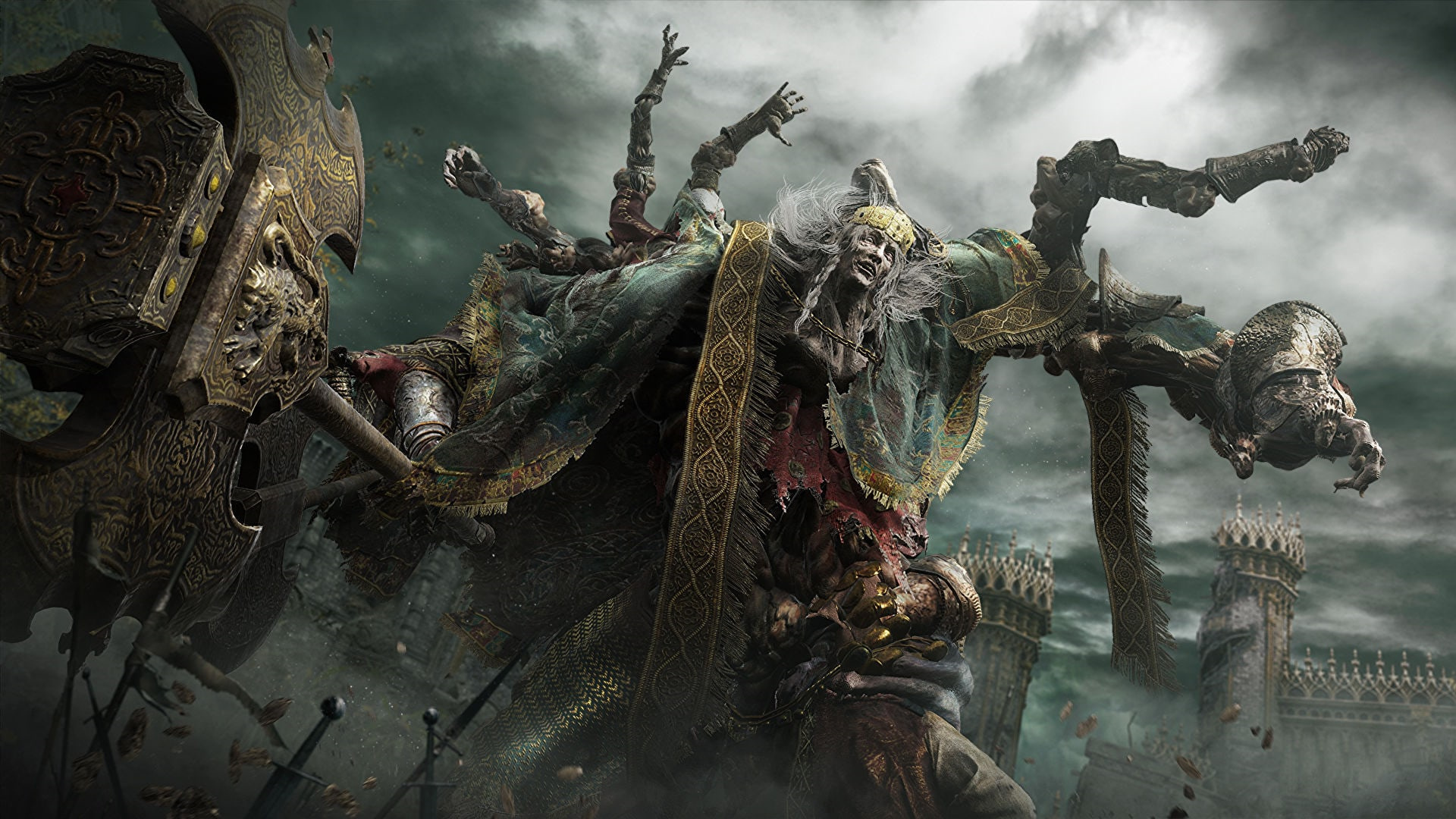
The Burden of Decisions: Ethical Uncertainty
Ethical Quandaries in Gameplay
One of the most captivating aspects of Elden Ring is its exploration of ethical uncertainty. The game presents players with choices that often lack clear right or wrong answers. For instance, players may encounter situations where they must decide whether to help a character in need or pursue their own interests. These ethical dilemmas force players to confront their values and the consequences of their actions.
The game's narrative is steeped in themes of ambition, betrayal, and sacrifice. Players may find themselves at a crossroads, choosing between loyalty to a character or the pursuit of personal power. This ethical complexity is further heightened by the fact that the game's world is filled with characters who embody both heroic and villainous traits, challenging players to navigate the gray areas of morality.
The Outcomes of Decisions
The consequences of player decisions in Elden Ring are often far - reaching and multi - faceted. A seemingly minor decision can lead to significant changes in the game world, impacting both gameplay and narrative results. For example, players who choose to betray an NPC may find themselves facing repercussions later in the game, such as losing access to valuable resources or allies.
This intricate relationship between decision and consequence emphasizes the weight of player choices. Elden Ring encourages players to consider their actions carefully, knowing that their decisions can shape not only their journey but also the fate of the characters they encounter. This ethical uncertainty adds depth to the gameplay and enriches the overall narrative experience.
The Cycle of Demise and Rebirth
Embracing the Death Mechanism
Elden Ring, like other FromSoftware titles, incorporates a unique death mechanism that is central to the gameplay experience. When players die, they are resurrected at the last Site of Grace visited, but their deaths are not merely setbacks; they are integral to the game's exploration of decision and consequence. Each death offers players the opportunity to learn from their mistakes, adapt their strategies, and approach challenges with newfound knowledge.
This cycle of death and rebirth serves as a metaphor for the decisions players make. Each death forces players to confront the consequences of their actions, whether that means reevaluating their combat tactics or reconsidering their alliances. The game rewards perseverance and adaptability, reinforcing the idea that decisions can lead to growth, even in the face of failure.
The Emotional Impact of Death
The emotional weight of the death mechanism is further amplified by the connections players form with characters and the world around them. Each death carries the potential for loss—loss of progress, loss of relationships, and loss of opportunities. As players navigate the Lands Between, they become invested in the fates of the characters they encounter, making the stakes of death feel personal.
Moreover, the game often presents players with poignant moments of reflection after death, encouraging them to consider the consequences of their choices. This emotional engagement deepens the player's connection to the narrative and reinforces the theme of decision and consequence that permeates Elden Ring.
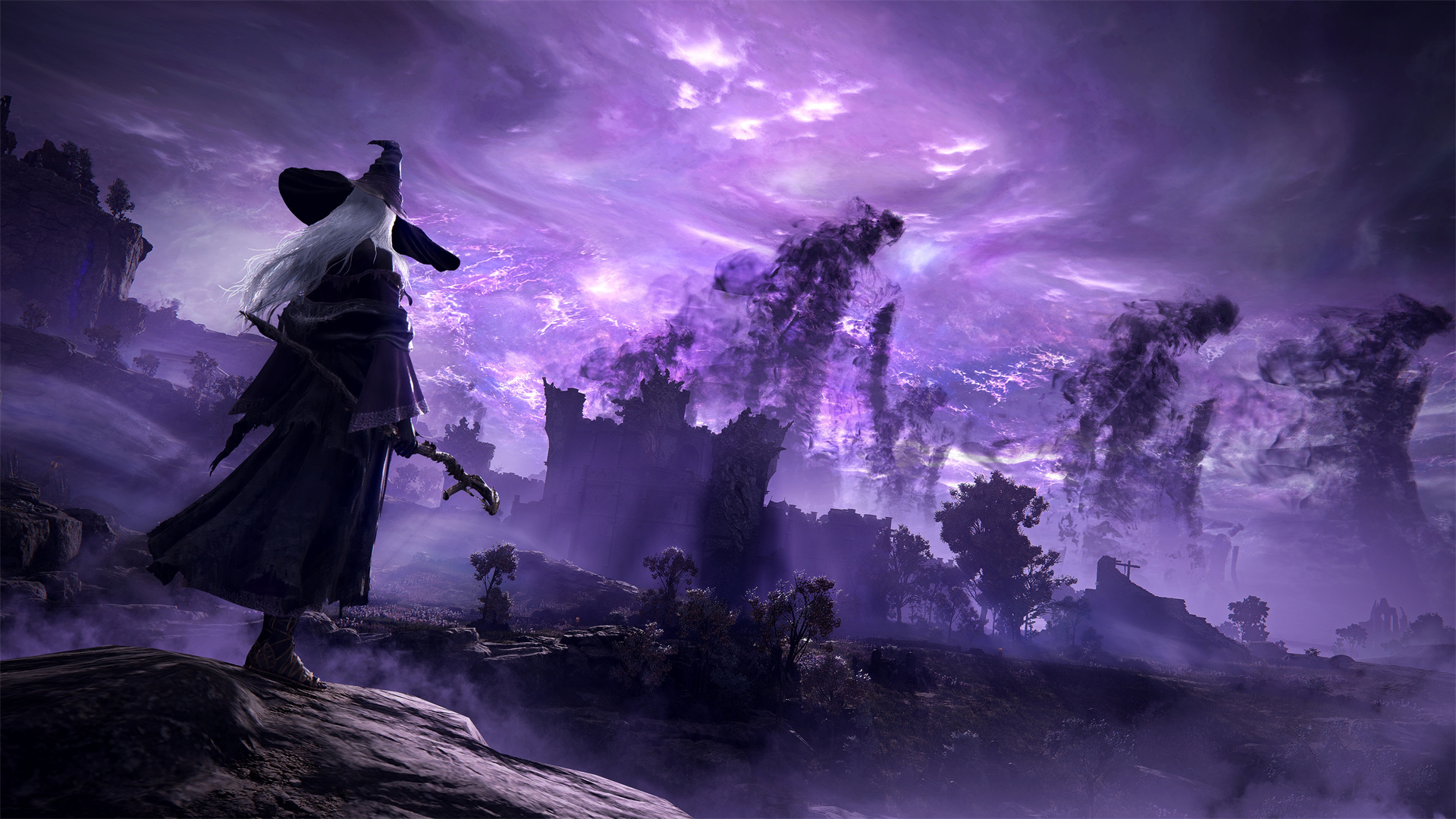
The Interconnection of Decisions
A Web of Outcomes
Elden Ring's world is intricately designed, with decisions often leading to unexpected consequences that ripple throughout the narrative. The game's interconnection creates a sense of unity, where actions in one area can influence events in another. For example, players may encounter characters in different regions whose fates are intertwined, reflecting the consequences of earlier decisions.
This web of outcomes enhances the replayability of the game, as players can explore different paths and results based on their decisions. The ability to make choices that have far - reaching implications encourages players to engage with the world on a deeper level, fostering a sense of exploration and discovery.
The Impact on the Story
The interconnection of decisions also enriches the narrative experience. Players are not merely passive observers; they are active participants in shaping the story. The consequences of their decisions create a dynamic narrative that evolves based on player actions, making each playthrough unique.
For instance, players who choose to ally with certain factions may unlock different story arcs and endings, showcasing the branching paths available within the game. This emphasis on player agency reinforces the idea that decisions matter, transforming the experience into a deeply personal journey.
The Role of Lore in Decisions
Unraveling the Narrative
Elden Ring's lore is a complex tapestry that enhances the narrative depth of the game. Players uncover fragments of the story through item descriptions, environmental storytelling, and interactions with NPCs. This lore not only provides context for the gameplay but also influences the decisions players make throughout their journey.
The rich history of the Lands Between is filled with tales of ambition, tragedy, and betrayal. As players delve into the lore, they gain insight into the motivations of characters and factions, allowing them to make informed decisions. Understanding the implications of their decisions within the context of the lore adds another layer of complexity to the gameplay experience.
The Consequences of Neglect
However, the game also highlights the consequences of neglect. Players who overlook the lore may find themselves making decisions that lead to unintended results. For example, failing to engage with the backstory of a character may result in missed opportunities or alliances that could have been beneficial.
This relationship between lore and decision emphasizes the importance of exploration and engagement. Elden Ring encourages players to immerse themselves in its world, rewarding those who take the time to uncover its secrets with richer experiences and more meaningful decisions.
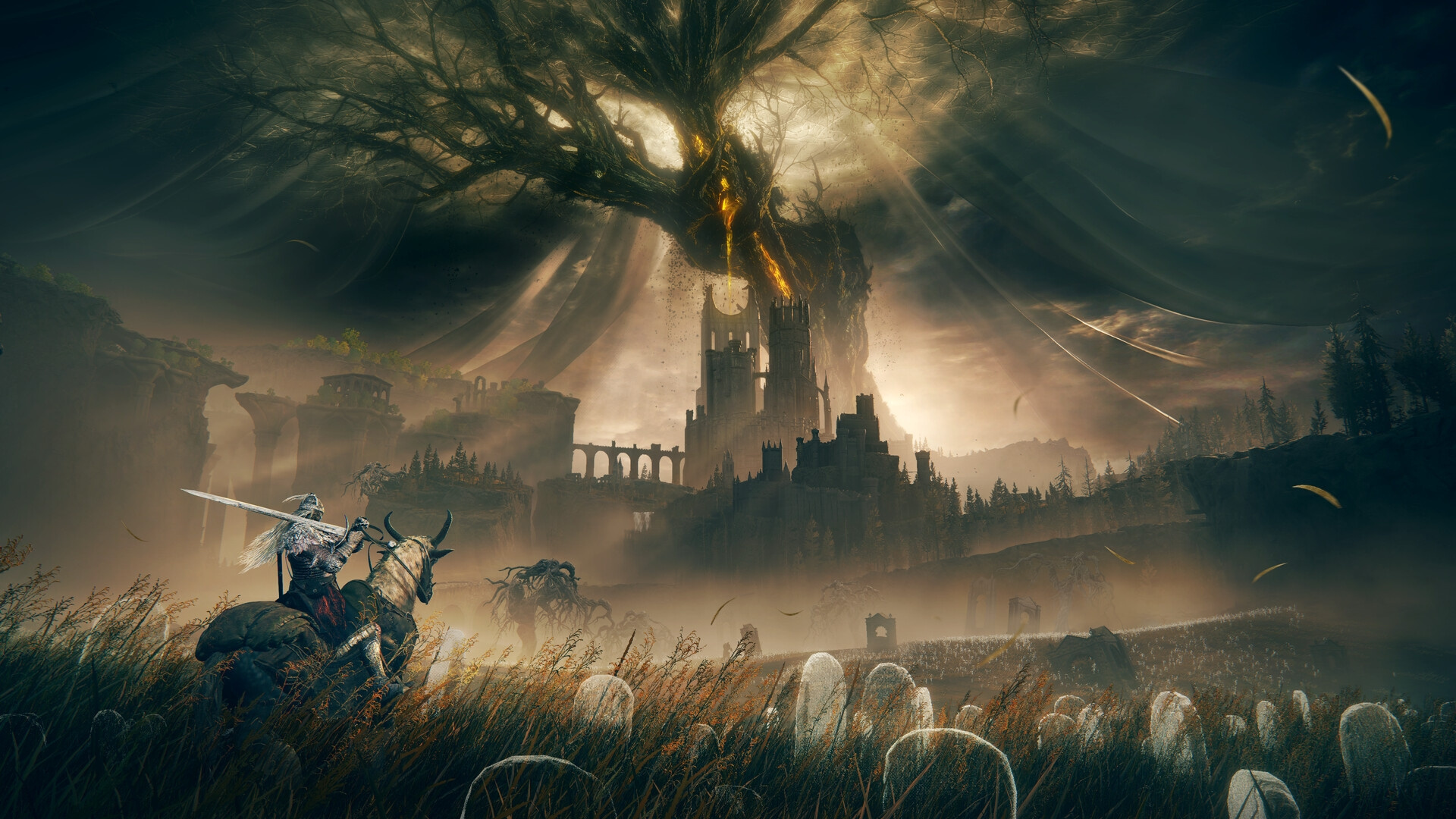
The Final Decisions: Endings and Contemplation
The Weight of the Ultimate Choice
As players approach the conclusion of Elden Ring, they are faced with pivotal decisions that will determine the fate of the Lands Between. The game's multiple endings reflect the complexities of player decisions throughout the journey, showcasing the culmination of choices made along the way. Each ending offers a different perspective on the themes of power, ambition, and sacrifice.
The weight of these final decisions is palpable, as players must reflect on their journey and the consequences of their actions. The endings serve as a culmination of character arcs and relationships, providing closure while also leaving room for interpretation. This narrative structure reinforces the idea that decisions matter, and that the impact of those decisions extends beyond the game itself.
Contemplations on the Journey
The final moments of Elden Ring invite players to reflect on their journey through the Lands Between. The decisions made, the relationships formed, and the consequences faced all contribute to a deeply personal experience. Players may find themselves contemplating the moral implications of their actions, the nature of honor and ambition, and the balance between survival and sacrifice.
This reflective aspect of the game enhances its emotional resonance, leaving players with lingering questions about the decisions they made and the paths they chose. Elden Ring ultimately challenges players to consider the nature of consequence and the weight of their decisions, offering a profound narrative experience.
Conclusion
Elden Ring is a masterful exploration of decision and consequence, intricately woven into the fabric of its gameplay, narrative, and world. The game's open - world design encourages exploration, while the complex relationships with NPCs and the ethical uncertainty of decisions deepen the player's engagement. The cycle of death and rebirth serves as a powerful metaphor for growth and learning, reinforcing the idea that decisions carry weight.
As players navigate the interconnection of decisions, they are reminded that their actions shape the narrative and impact the fate of the Lands Between. The lore enriches the experience, offering context for the decisions made and the consequences faced. Ultimately, Elden Ring invites players to reflect on their journey, challenging them to consider the moral complexities of their decisions and the legacy they leave behind.



